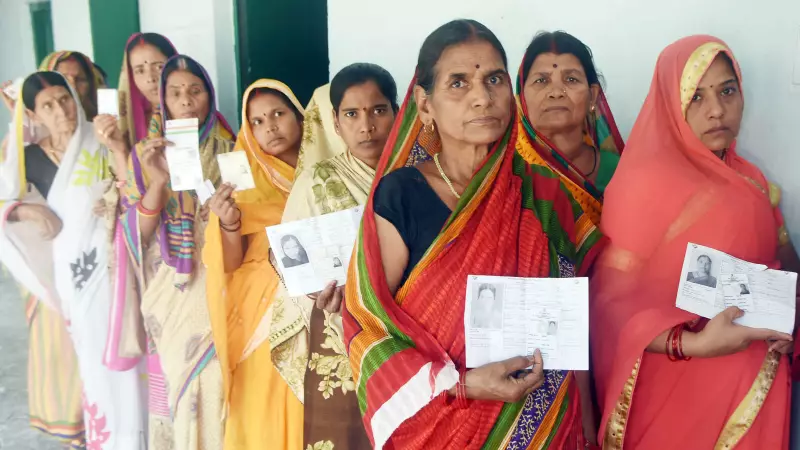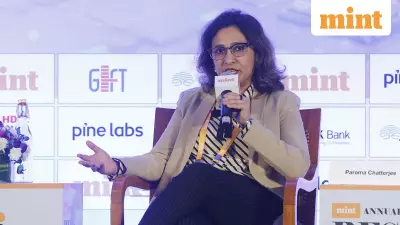
In the high-stakes political battleground of Bihar, women voters have become the centerpiece of election promises with competing financial schemes that could reshape household economics across the state.
The Financial Showdown: Three Schemes Compared
The political landscape has transformed into a battlefield of women-centric financial initiatives, each promising substantial economic relief and empowerment.
Mahila Rozgar Yojana: Employment-First Approach
The National Democratic Alliance's flagship program focuses on creating employment opportunities for women. Unlike direct cash transfers, this scheme emphasizes skill development and job creation, aiming to provide sustainable income sources rather than temporary financial relief.
Ladki Bahin Yojana: Monthly Financial Support
The INDIA alliance counters with a direct financial assistance model. This scheme promises regular monthly payments to women, providing immediate economic relief and financial independence. The straightforward cash transfer approach aims to put money directly into women's hands.
Mai-Behin-Maan Yojana: Recognition with Benefits
This innovative scheme combines financial assistance with social recognition. Beyond monetary support, it acknowledges women's contributions to households and society, creating a more holistic approach to women's empowerment.
Which Scheme Offers Real Financial Impact?
While all three schemes target women's financial empowerment, their approaches differ significantly:
- Sustainability vs Immediate Relief: Mahila Rozgar focuses on long-term employment generation, while Ladki Bahin provides immediate financial support
- Economic Independence: Direct cash transfers versus job creation - which truly empowers women economically?
- Implementation Timeline: How quickly can these benefits reach Bihar's women voters?
The Political Calculus Behind Financial Schemes
Women voters constitute a crucial demographic in Bihar's political arithmetic. With significant voting power, their financial well-being has become the central theme of election manifestos. The competing schemes represent not just economic policies but strategic political moves to capture this vital voter base.
As election campaigns intensify, the debate continues about which approach - employment generation, direct cash transfers, or recognition-based benefits - will truly transform women's financial status in Bihar. The ultimate decision now rests with the women voters who will determine which vision for their economic empowerment aligns with their real needs and aspirations.





